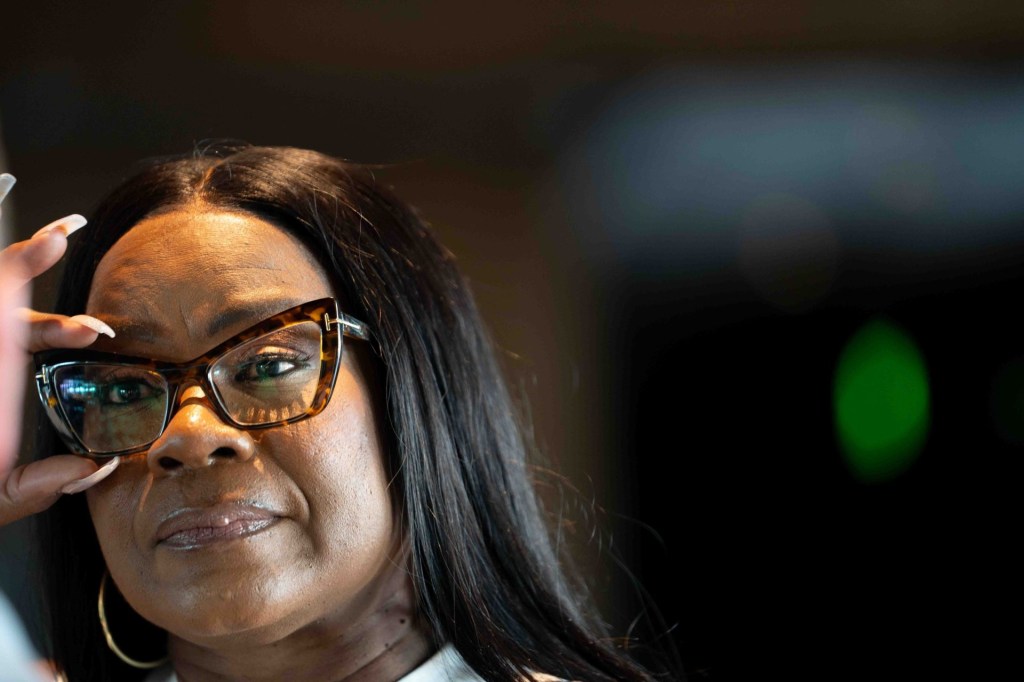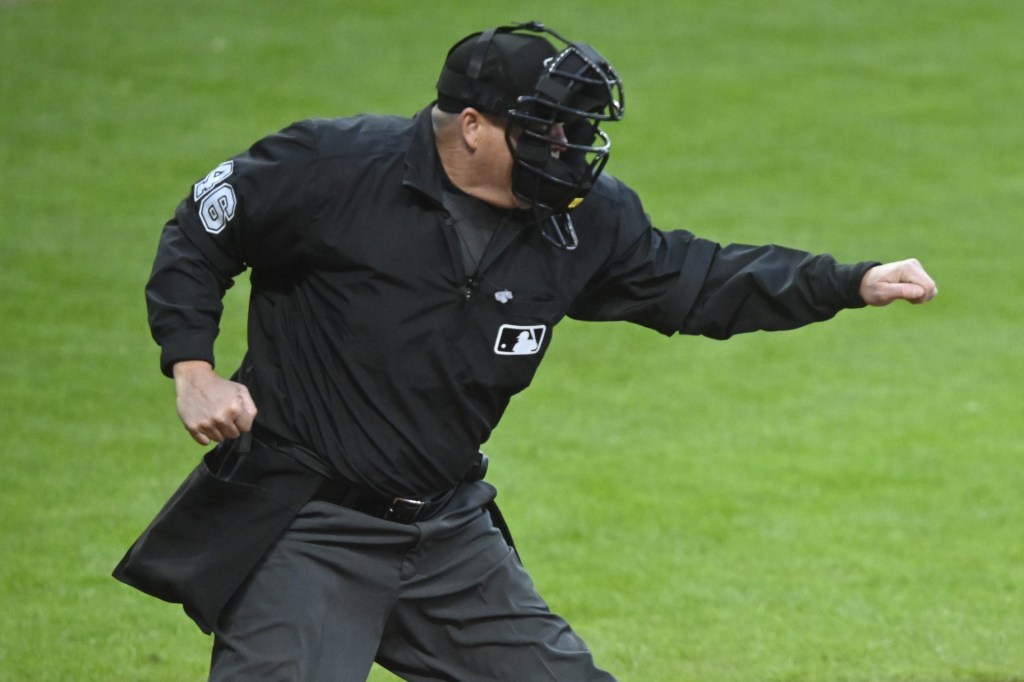Just over seven months away from the opening ceremony in Tokyo on July 24, NBC has surpassed $1 billion in national advertising revenue commitments, the network said
That is a double-digit increase over revenue generated through the same period in 2015 leading up to the Summer Olympics in Rio.
NBC also expects to exceed the $1.2 billion in total ad sales it generated in 2016, which is the network’s highest-grossing Olympics to date. An estimated 200 million viewers are projected to tune in to watch the three-week-long event next year, according to the company.
“Sports continues to bring large audiences together and really the pinnacle of that is the Olympics,” said Mark Marshall, president of ad sales and partnerships at NBC Universal. “The nice part is we continue to hear from advertisers that regardless of their investment, it actually makes an impact not only on sales but also employee engagement.”
NBC will broadcast more than 7,000 hours of programming during the Tokyo Olympics next year across all of its platforms. The International Olympic Committee has additionally approved a handful of new sports in time for the games, including surfing, skateboarding, and karate, which are sure to lure more spectators.
Of this current crop of official Olympic sponsors, more than half are new partners, NBC said. They span industries such as financial services, quick-service restaurants, tech, and pharmaceutical companies.
“We can report that many of the most high-impact and high-demand inventory, such as Opening and Closing Ceremonies units, primetime features, and other key sponsored elements, are highly sold,” said Dan Lovinger, executive vice president of advertising sales at NBC Sports.
Media planning consultant Zenith forecasts that the 2020 Olympics, coupled with the UEFA European Championships and the U.S. presidential election, will account for $7.5 billion in global advertising spend next year. NBC itself paid $7.75 billion for the exclusive rights to broadcast the Olympics through 2032 five years ago.
NBC says the network will not delineate linear TV viewers and digital viewers for sponsors. With audience projections done so far in advance, it’s not that easy to do, Lovinger noted.
“Quite frankly, the athletes aren’t swimming any faster, jumping any higher, or doing anything different on each platform,” he said. “So what we’ve created is a single audience guarantee, whether the viewer is appearing on a linear platform or a digital platform, our advertisers toggle back-and-forth so that we can take advantage of spikes in viewership in any one place.”
READ MORE: With Olympics Looming, Sponsors Jumping Aboard World Surf League
In addition to traditional sponsorships, NBC is also offering brands the chance to integrate ads into videos produced by the network about some of Team USA’s most popular female athletes – including gymnast Simone Biles, swimmer Katie Ledecky, and beach volleyball player Kerri Walsh Jennings – as they attempt to set or tie Olympic records in Tokyo. The campaign is called “See Her Shine.”
Earlier this year, The United States Olympic & Paralympic Committee made a change to Rule 40 of the Olympic Charter, allowing for unofficial Olympic sponsors to have the freedom to use athletes to promote their products during events. All sponsorships with athletes have to be pre-approved by the USOPC, but athletes do receive more leeway to engage with sponsors on social media.
“My advice to brands would be to not only sponsor the event but to also leverage the changes to Rule 40 and double down on sponsoring athletes to get the 360-degree holistic sponsorship,” said Thilo Kunkel, assistant professor in the sport and recreation management department at Temple University.
Kunkel’s expertise spans athlete branding, social media, and brand promotions. He has also consulted sports teams, sponsors, mobile app developers, and athletes on their brand positioning during his career.
“We are now gathering more consumer insights through the use of social media and online media,” said Kunkel. “Those insights help brands become more efficient with activations, sponsorships, and getting higher returns on investments.”
READ MORE: Adidas European Sales To Be Supercharged by UEFA Euro 2020
What makes the Olympics so popular with advertisers is that with so many individual events, it regularly attracts all sports fans, he added. By contrast, consumers are far less likely to watch the Super Bowl if they don’t watch football.
There’s also the pride factor, Kunkel said. There is often a lot of nationalism shown during the Olympics, especially among Americans that are accustomed to seeing their athletes rake in the gold medals.
“The nationalistic component of the Olympic Games is one aspect that will increase the advertising and sponsorship dollars as fans rally around the nation,” said Kunkel. “The U.S. Women’s National Team’s performance during the World Cup is a great example of the influence of success.”
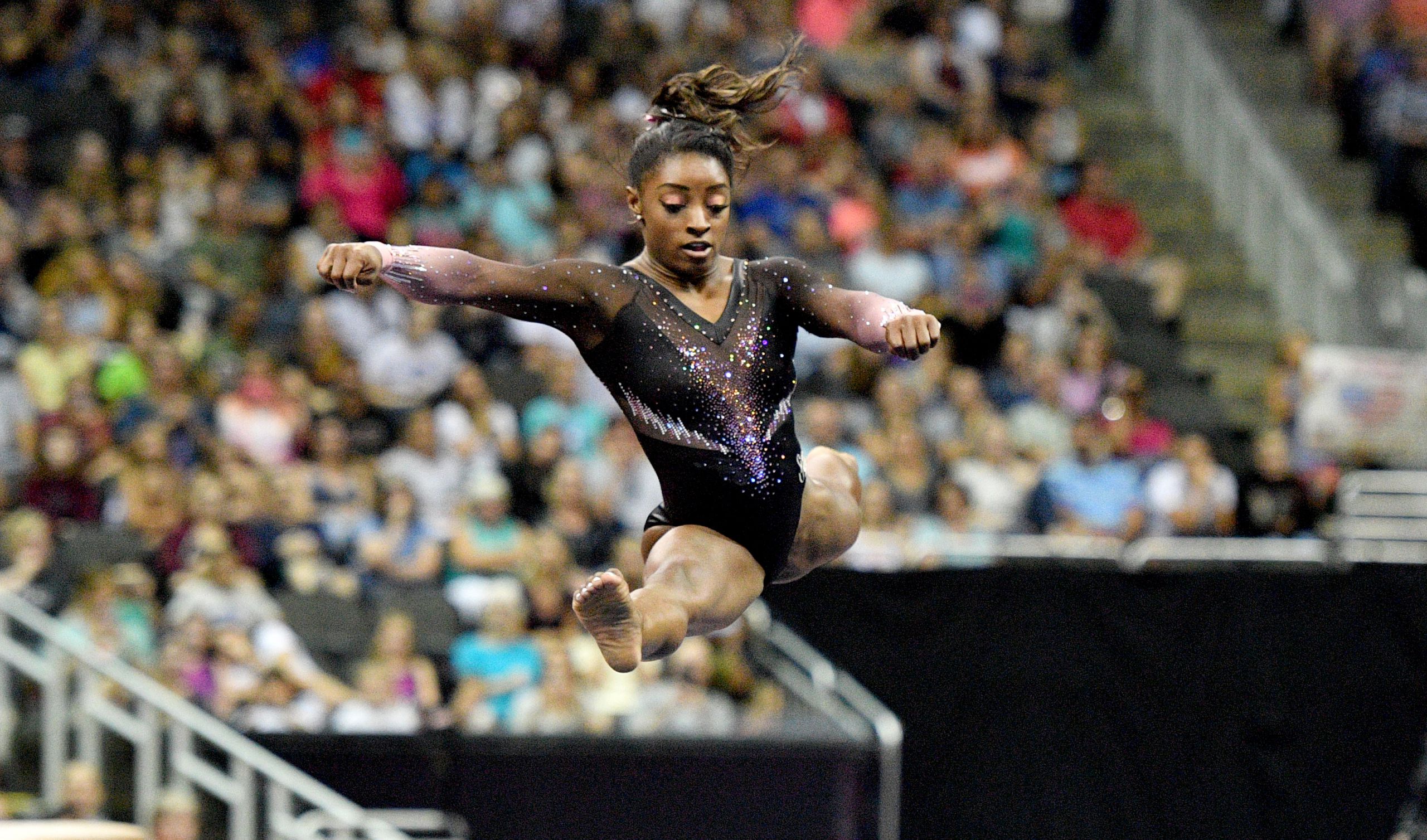
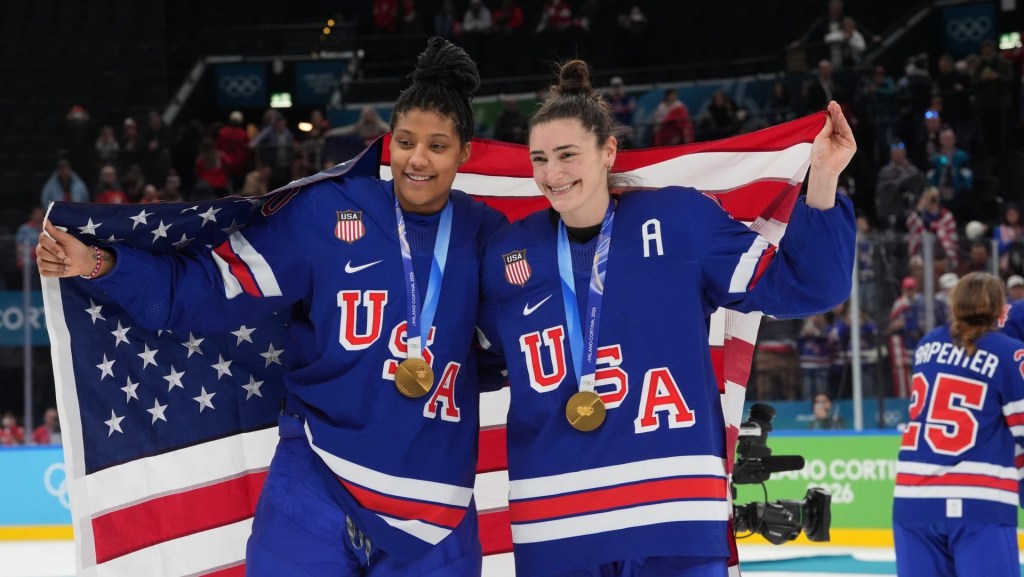
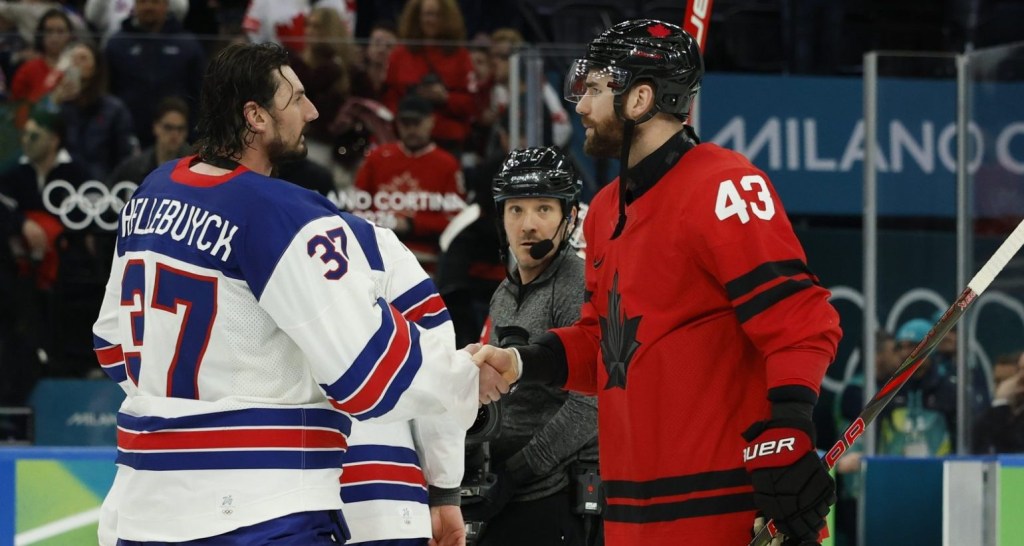
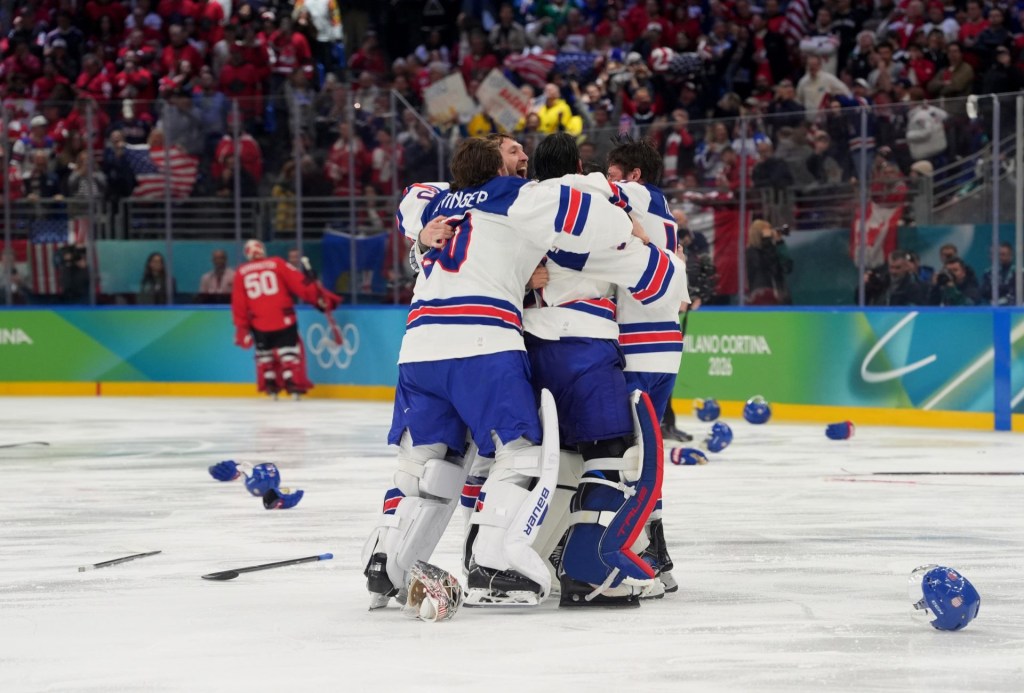
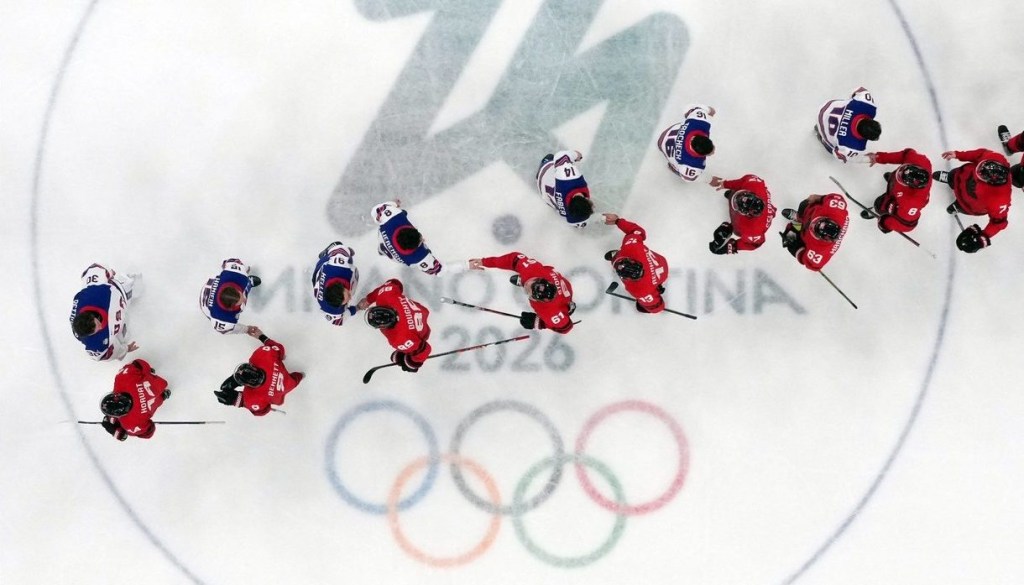
![[Subscription Customers Only] Jun 15, 2025; Seattle, Washington, USA; Botafogo owner John Textor inside the stadium before the match during a group stage match of the 2025 FIFA Club World Cup at Lumen Field.](https://frontofficesports.com/wp-content/uploads/2026/02/USATSI_26465842_168416386_lowres-scaled.jpg?quality=100&w=1024)
![[Subscription Customers Only] Jul 13, 2025; East Rutherford, New Jersey, USA; Chelsea FC midfielder Cole Palmer (10) celebrates winning the final of the 2025 FIFA Club World Cup at MetLife Stadium](https://frontofficesports.com/wp-content/uploads/2026/02/USATSI_26636703-scaled-e1770932227605.jpg?quality=100&w=1024)




